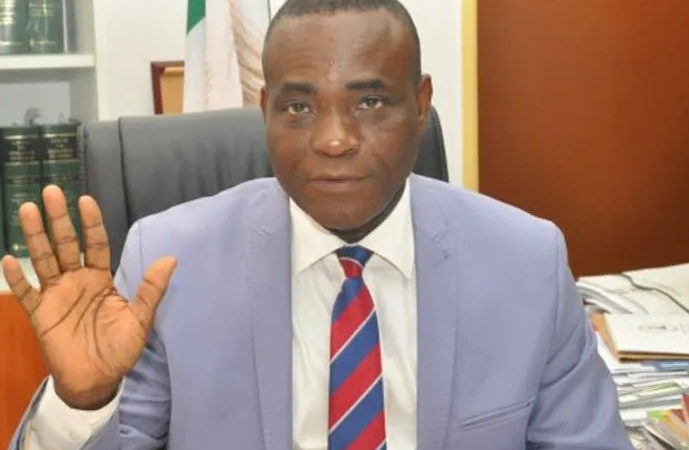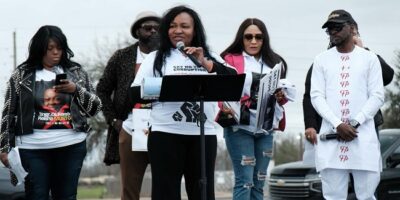Rivers Soot: Stakeholders Seek Amendment Of Law To Accommodate Artisanal Refiners

- Seek CBN, PTDF’s funding
Stakeholders including the Senior Special Assistant to the President on Niger Delta Affairs, Senator Ita Enang and representatives of some agencies under the petroleum and environment ministries have called for a review of the 1974 Petroleum Refining Regulations to accommodate artisanal refining in the Niger Delta.
The resolution was reached at a meeting convened by Enang and attended by representatives of the ministries of petroleum resources, environment, Niger Delta Affairs, finance, budget and national planning and the National Oil Spill Detection and Response Agency (NOSDRA).
Other attendees included officials from the Nigerian Midstream and Downstream Petroleum Regulatory Authority (NMDPRA) and the Nigerian Upstream Petroleum Regulatory Commission (NUPRC), among others.
A communiqué released after the engagement tagged: “Resolutions at the end of the stakeholders’ emergency meeting to address the soot and other environmental pollution caused by artisanal refining activities in Rivers state and other Niger Delta states,” stated that there was the need to incorporate local refiners into the new law.
In addition, the stakeholders in the petroleum and environment ministries underscored the urgent importance for the federal government to consider and approve the implementation of the recommendations of the report of the National Summit on the Integration of Artisanal/Modular Refinery Operations held recently.
Furthermore, attendees agreed that the various organisations that have the crude oil refining technology should interact with NMDPRA to make presentations on their available technologies for regulations within the law.
The team also resolved to further engage with the bodies of artisanal refining representatives for the purpose of reviewing the current state of affairs and proffer solution to the environmental and economic challenges.
It called for engagement with the governors and governments of impacted states as well as other sub-national structures for further solution to the challenges, to curb re-pollution by the models adopted by the sub-nationals.
There is the need for the review of the Petroleum Refining Regulations of 1974 and other relevant laws to accommodate the establishment of artisanal refineries,
the stakeholders affirmed.
They also called for the creation of a database of those trained in related fields by the Presidential Amnesty Programme, as well as of Petroleum Training Institute, Warri (PTI) and the Federal University of Petroleum Resources, Effurun (FUPRE).
Other training organisations listed to harness their expertise include: the Petroleum Technology Development Trust Fund (PTDF) and the Nigerian Content Development and Monitoring Board (NCDMB).
“There is the need to explore the possibility of funding the pilot scheme from the Central Bank of Nigeria (CBN), PTDF, NCDMB, National Oil Spill Detection and Response Agency (NOSDRA), Niger Delta Development Commission (NDDC), NMDPRA, NUPRC windows,” the group stated.
Attendees at the event further noted that there was the need to follow the roadmap for the implementation of the Artisanal Oil Refining Programme to avoid a return to the situation now being addressed.
There has been a national outcry over the massive black soot in Rivers, recently prompting the Governor of the State, Mr Nyesom Wike, to declare an all-out war against those the government call illegal oil refiners.

Justin Nwosu is the founder and publisher of Flavision. His core interest is in writing unbiased news about Nigeria in particular and Africa in general. He’s a strong adherent of investigative journalism, with a bent on exposing corruption, abuse of power and societal ills.













